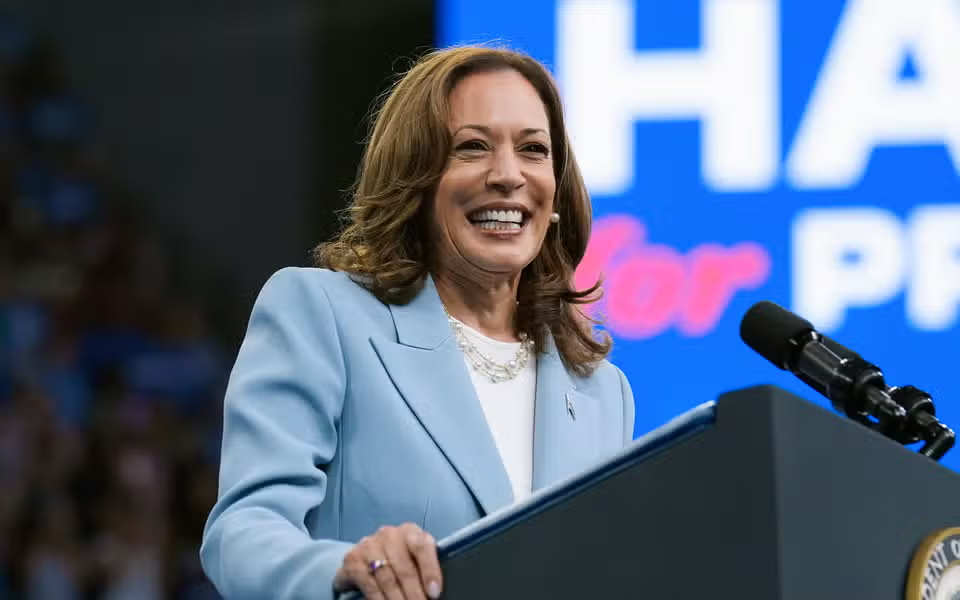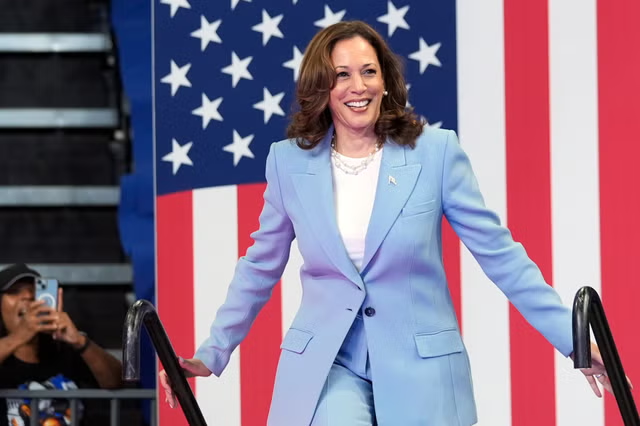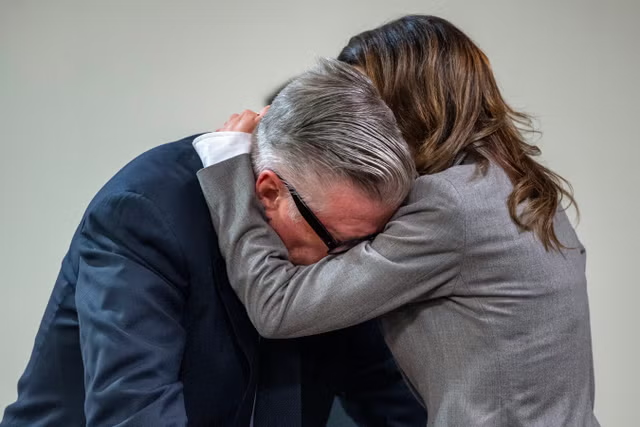Today is the anniversary of Hiroshima – when an atomic bomb nicknamed Little Boy was dropped on Japan.
On August 6, 1945, Hiroshima was left devastated, with up to 166,00 dying in the blast, and in the three months after the attack from injuries and radiation poisoning.
Three days later, on August 9, another Japanese city, Nagasaki, was bombed, where an estimated 75,000 people died.
These bombings remain the only use of nuclear weapons in an armed conflict.
Christopher Nolan’s blockbuster biopic Oppenheimer last year shed light on the details of the 1945 US attacks by atomic bomb on the Japanese cities.
The film tells the story of J Robert Oppenheimer, an American theoretical physicist known as the “father of the atomic bomb”, who oversaw its creation during the Second World War.
The bombs also brought an end to the Second World War, with Japan surrendering on August 15.
“Mr President, I feel I have blood on my hands,” Oppenheimer told then-president Truman in the months after the attack, according to American Prometheus, the 2005 Oppenheimer biography from authors Kai Bird and Martin J Sherwin.
Today, a range of remembrance events will take place in the capital to mark the historic event.
But what happened in Hiroshima and Nagasaki, and what were the events that led to the attacks?

US-Japan tensions
Tensions between the US and Japan had been growing for decades before the Second World War. Japan had occupied parts of eastern China, which led to a war between the two countries in 1937.
The US and other Western countries halted exports, including vital fuel oil, to Japan in an attempt to discourage it from further expansion. Japan saw this as an aggressive act.
The countries tried to negotiate for Japan to retreat from China and the US to start exporting fuel again in late 1941, but could not agree on terms.
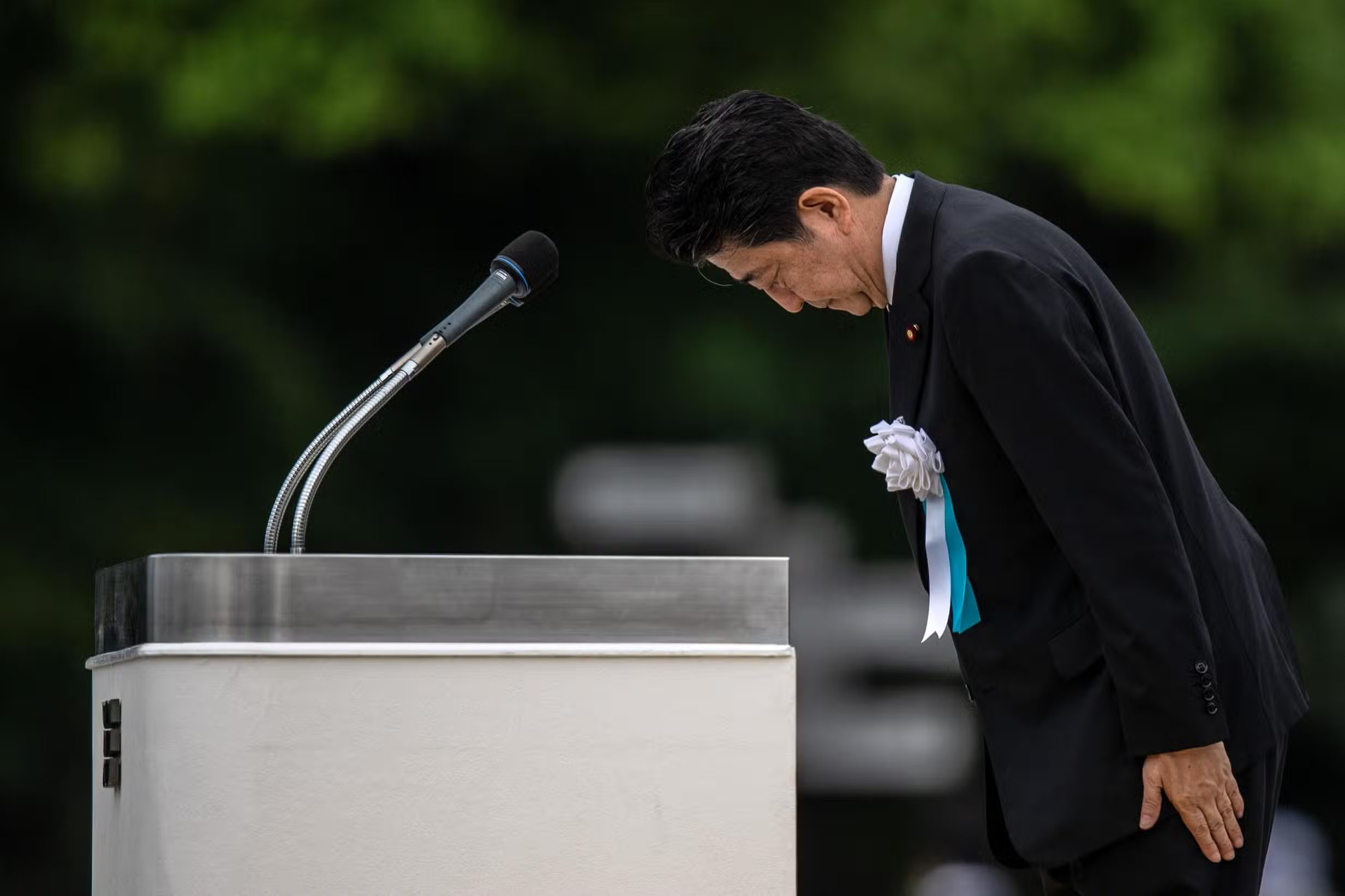
Pearl Harbor
Japan launched an air attack on the US air base of Pearl Harbor in Hawaii on December 7, 1941, killing 2,403 American service people and wounding a further 1,178.
The attack was later judged a war crime because it took place unannounced and while peace talks were ongoing. US President Franklin Roosevelt called it "a day which will live in infamy".
Both countries declared war on each other shortly after the attack.
The bombings of Hiroshima and Nagasaki
The US and Japan had been at war for nearly four years, since April 1941. The bloody and fiercely fought conflict in the Pacific had cost millions of Japanese and Americans their lives already.
The war in Europe had finished nearly two months earlier, in May 1945, after Germany's unconditional surrender. The US was preparing for a land invasion of Japan, which would have been very hard-fought. At least 500,000 Americans alone would have been likely to die, according to US government estimates at the time.
At the same time, the US had been developing to make nuclear bombs since the late 1930s. The bombs were ready by the summer of 1945.
The Allies called for Japan to surrender in late July 1945, threatening "complete and utter destruction" otherwise.
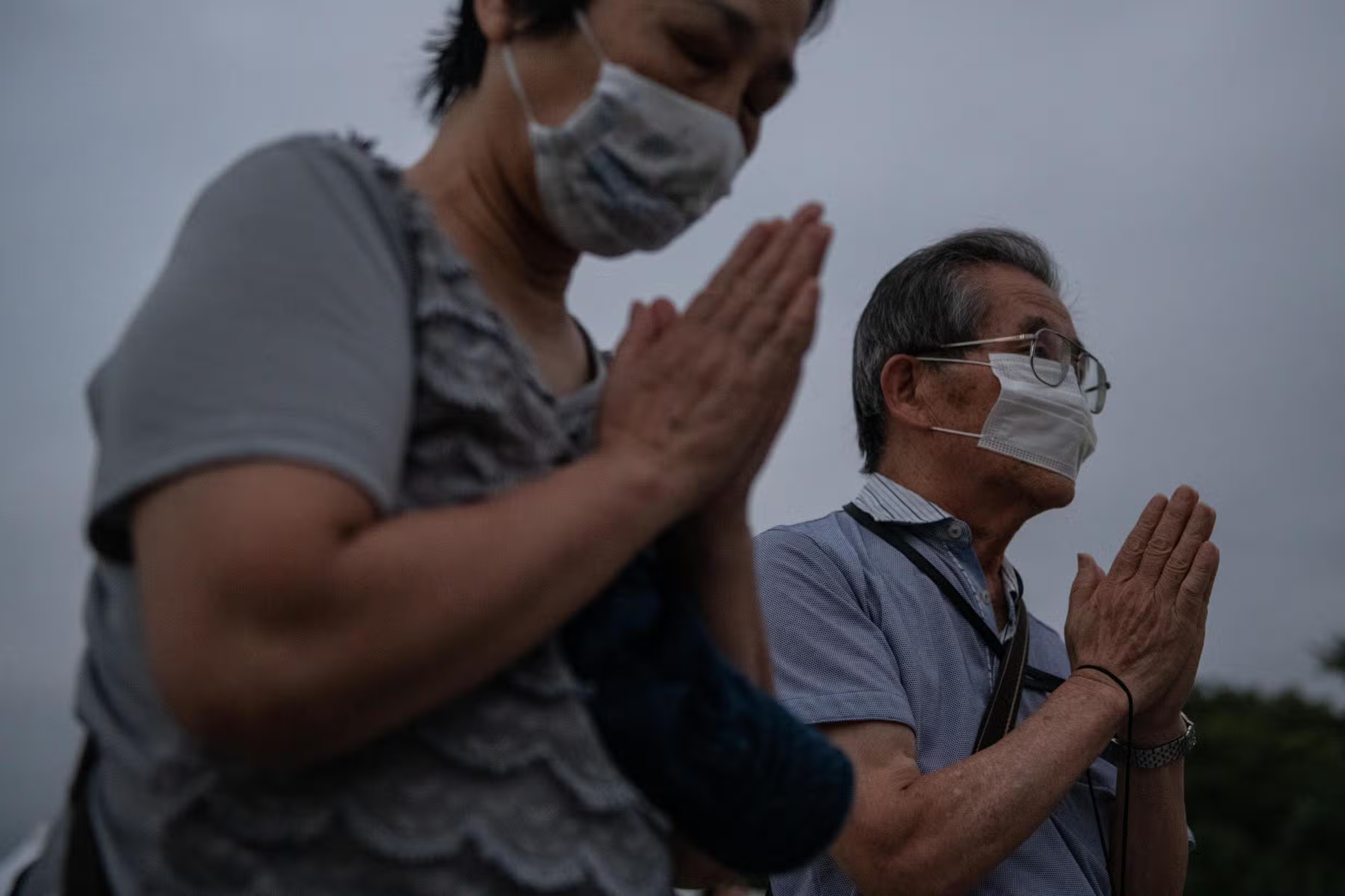
Hiroshima and Nagasaki were chosen as targets for their military and industrial importance, as they supplied the Japanese armed forces with weapons and other military technologies.
A uranium bomb nicknamed Little Boy was dropped on Hiroshima on August 6. The city was devastated: tens of thousands died almost immediately and as many as 146,000 died in the three months after the attack.
Many more would go on to suffer from cancer and other forms of illness brought on by the radiation from the bomb. Huge numbers of buildings were completely destroyed or damaged.
Japanese authorities were reportedly aware another strike could follow Hiroshima, but decided to endure it rather than surrender.
The next attack, a plutonium bomb nicknamed Fat Man, fell on Nagasaki on August 9. About 75,000 people were killed. In both cities, the vast majority of people who died were civilians.

The aftermath
Japan surrendered on August 15, six days after the attack on Nagasaki. Both cities were rebuilt after the war, although Hiroshima was hit by a typhoon in September 1945 that also caused great destruction.
Around 145,000 people who survived either of the bombings – called hibakusha in Japanese – were still alive in March 2019, according to the Japanese government. Memorials have been put up in both cities for the victims of the bombing.
Debate continues over the ethics of the attack, in which it was the only time nuclear bombs were used in war. Some say they brought an earlier end to the Second World War, which would have led to many more casualties on both sides if the US had invaded Japan.
Others say that the use of nuclear bombs in war is inherently unethical and some labelled the attacks a war crime. Others argued there were more peaceful ways to end the war than either nuclear bombing or an invasion, such as a military blockade on Japan.
The bombs cast a long shadow over the second half of the 20th century, with the Cold War between the US and the Soviet Union dominated by concerns that either country could attack the other with nuclear missiles.
What remembrance events are taking place to mark the anniversary?
The London Campaign for Nuclear Disarmament wants an end to all nuclear weapons, and asks for them to be disarmed and destroyed globally.
They hold events annually to mark the occasion and say: “We want to create a world free of nuclear weapons. That includes scrapping Trident, the UK nuclear weapons system, and refusing to let United States nuclear weapons return to Britain. Both of these put Londoners on the front line of any nuclear attack.
“Nuclear weapons don’t protect us from the real threats Britain faces, like natural disasters, health pandemics, cyber attacks, or the growing threat of war. And just think what the government of a nuclear weapons-free Britain could do with all the extra funds that scrapping Trident brings.”
At noon today (Tuesday 6), a vigil is taking place in Kingston town centre as part of commemorations of the bombing of Hiroshima and will include a moment of silence and talks.
In Tavistock Square, Bloomsbury, an annual event of remembrance also kicks off at noon, with poetry and live music.
If you fancy a picnic, people will also be gathering there, and other places.
A full list of events and details can be found here.
Read More
Disclaimer: The copyright of this article belongs to the original author. Reposting this article is solely for the purpose of information dissemination and does not constitute any investment advice. If there is any infringement, please contact us immediately. We will make corrections or deletions as necessary. Thank you.
